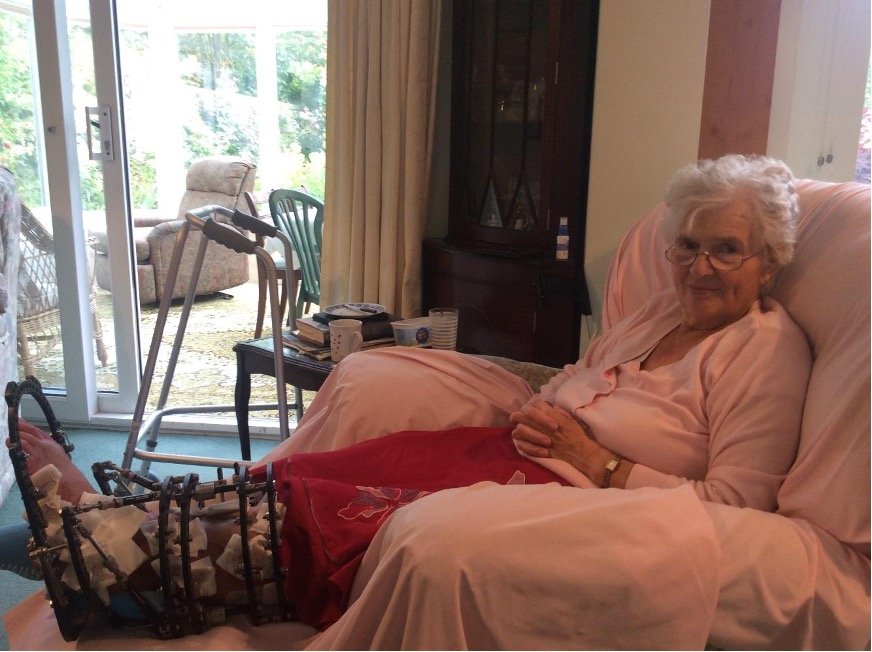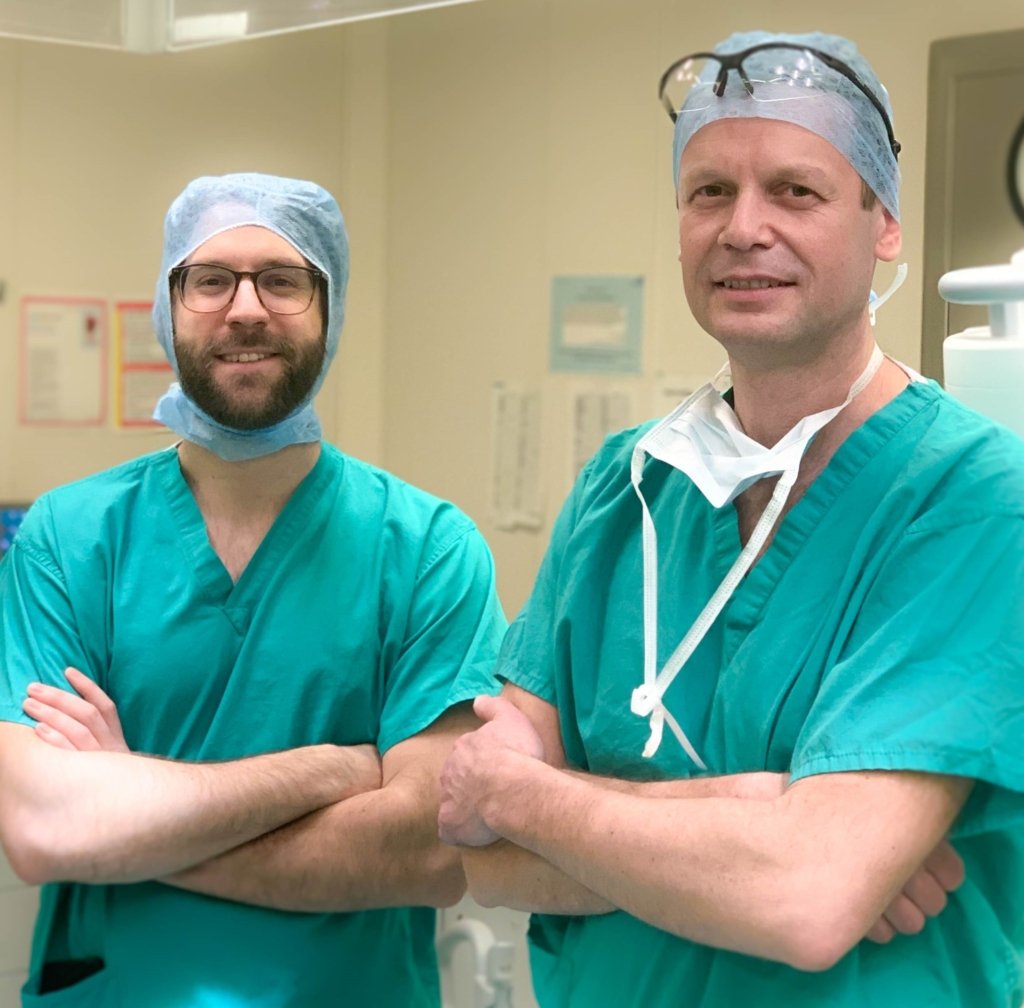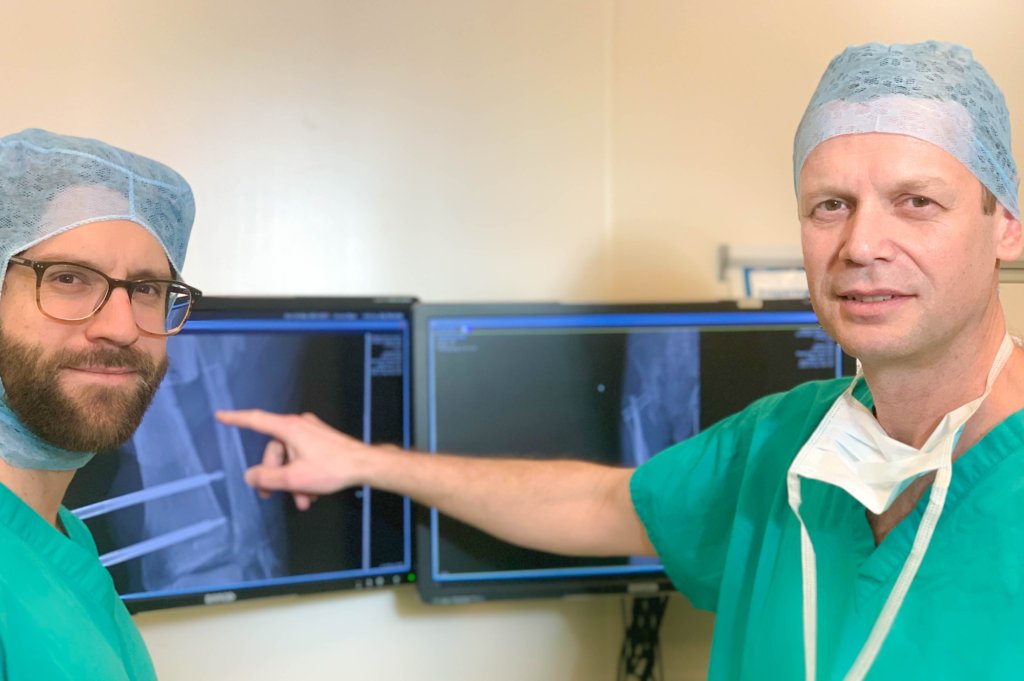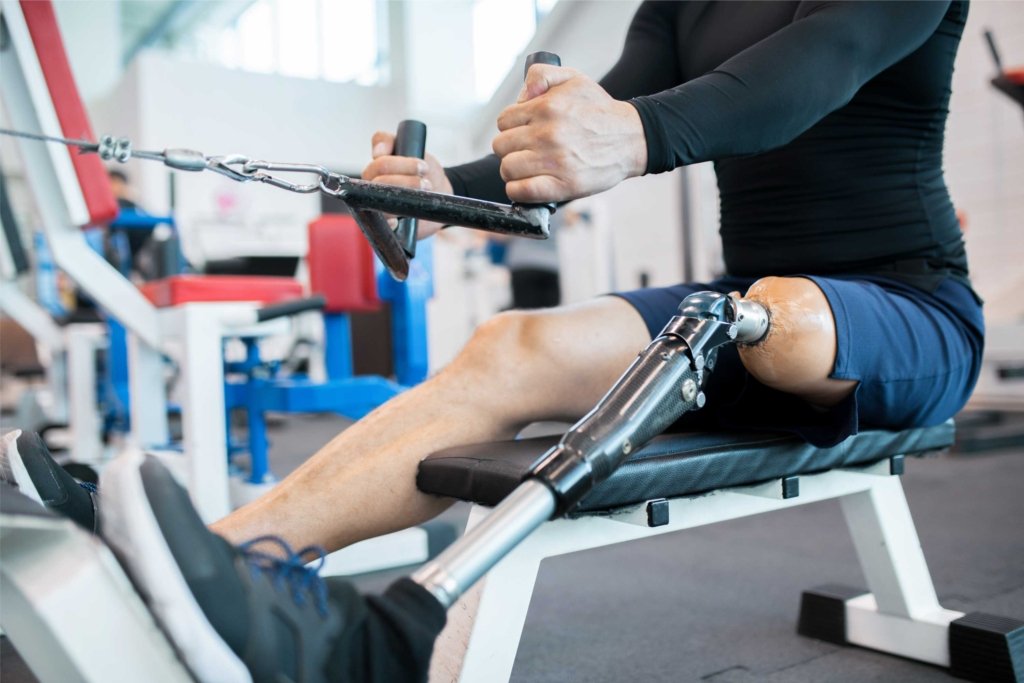Patients undergoing total knee replacement often find that the first knee replacement provides greater pain relief than the second. This discrepancy is not dependent on whether surgeries are performed simultaneously or at separate times. Factors such as pain severity before surgery and patient expectations influence the perceived success of the second knee replacement. Understanding these differences can help manage expectations and improve patient satisfaction with total knee arthroplasty.
All posts by Matija Krkovic
Limb Reconstructions After Retirement Age
Limb reconstruction in retired patients presents unique challenges, balancing the risks of complex surgery against the high energy demands of amputation. This case study explores the journey of a patient with a severe tibial fracture, detailing the surgical approach, complications, and long-term outcomes. With insights into bone regeneration, soft tissue healing, and mobility post-reconstruction, this blog provides valuable considerations for elderly patients facing limb salvage procedures.
Spanners at Midnight – Patient’s Story
Limb reconstruction after a severe injury is always challenging, but particularly so in older patients. The decision between amputation and salvage is complex – while amputation increases energy demands, reconstruction carries significant surgical risks. In this case, a Taylor Spatial Frame was used to gradually restore bone and soft tissue following a severe open tibia fracture. This blog details the intricate process of limb lengthening, bone regeneration, and the long road to recovery.
Training the Trainee – Part 3 – Observing Doesn’t Mean Seeing
Effective surgical training goes beyond just performing procedures—it’s about improving observational skills and retention. In this final installment, Mr. Matija Krkovic explores how repetition, structured learning, and exposure to multiple techniques can shape a trainee into a skilled surgeon over time.
Training the Trainee – Part 2 – Learning Process Should Be Friendly
Observational skills develop with time and experience, but how does this apply to surgical training? In this second installment, Mr. Matija Krkovic explores the parallels between learning to glide and surgical training, highlighting the importance of filtering information and adapting teaching approaches for trainees.
Training the Trainee – Part 1 – Recognising Limitations
Recognizing limitations is a crucial step in both aviation and surgical training. In this first installment, Mr. Matija Krkovic reflects on his experience learning to glide and draws parallels to the challenges faced by surgical trainees. How do trainees handle setbacks, and what role does structured training play in overcoming perceived incompetence?
What to Expect After Osseointegration Surgery?
Osseointegration surgery offers amputees improved mobility and quality of life, but recovery requires careful rehabilitation. This first-hand patient guide outlines the post-surgical process, including physiotherapy, follow-up care, and managing complications such as infection and implant stability.
Should Limb Reconstruction Patients Be Seen by Any Orthopaedic Surgeon to Obtain a Personal Injury Report?
Limb reconstruction requires specialised expertise, yet some personal injury reports are prepared by general orthopaedic surgeons unfamiliar with its complexities. In this article, I discuss the impact of such reports on patients and the importance of choosing the right expert witness.
Ankle Fusion in Active Patients
Ankle fusion surgery can be a crucial solution for active patients recovering from severe talus fractures or dislocations. This case study highlights the surgical process, rehabilitation, and long-term recovery, including walking and cycling post-surgery.
What to Expect Before Osseointegration Surgery?
Before undergoing osseointegration surgery, patients undergo thorough assessments, including physiotherapy, psychological evaluation, and advanced gait analysis. This ensures suitability for the procedure, allows for custom implant planning, and provides a clear understanding of the risks and expectations.







